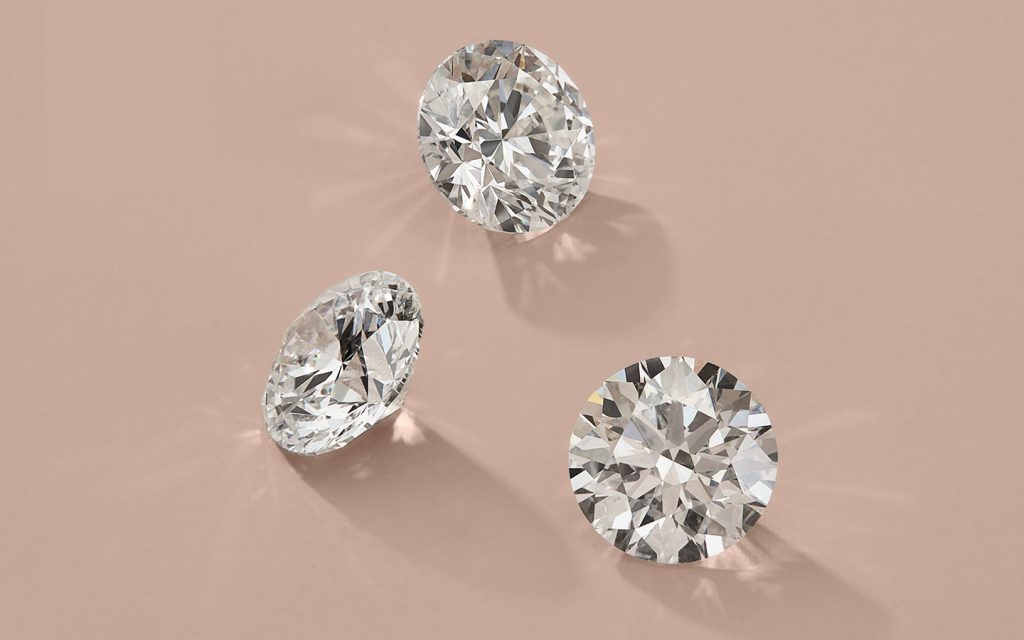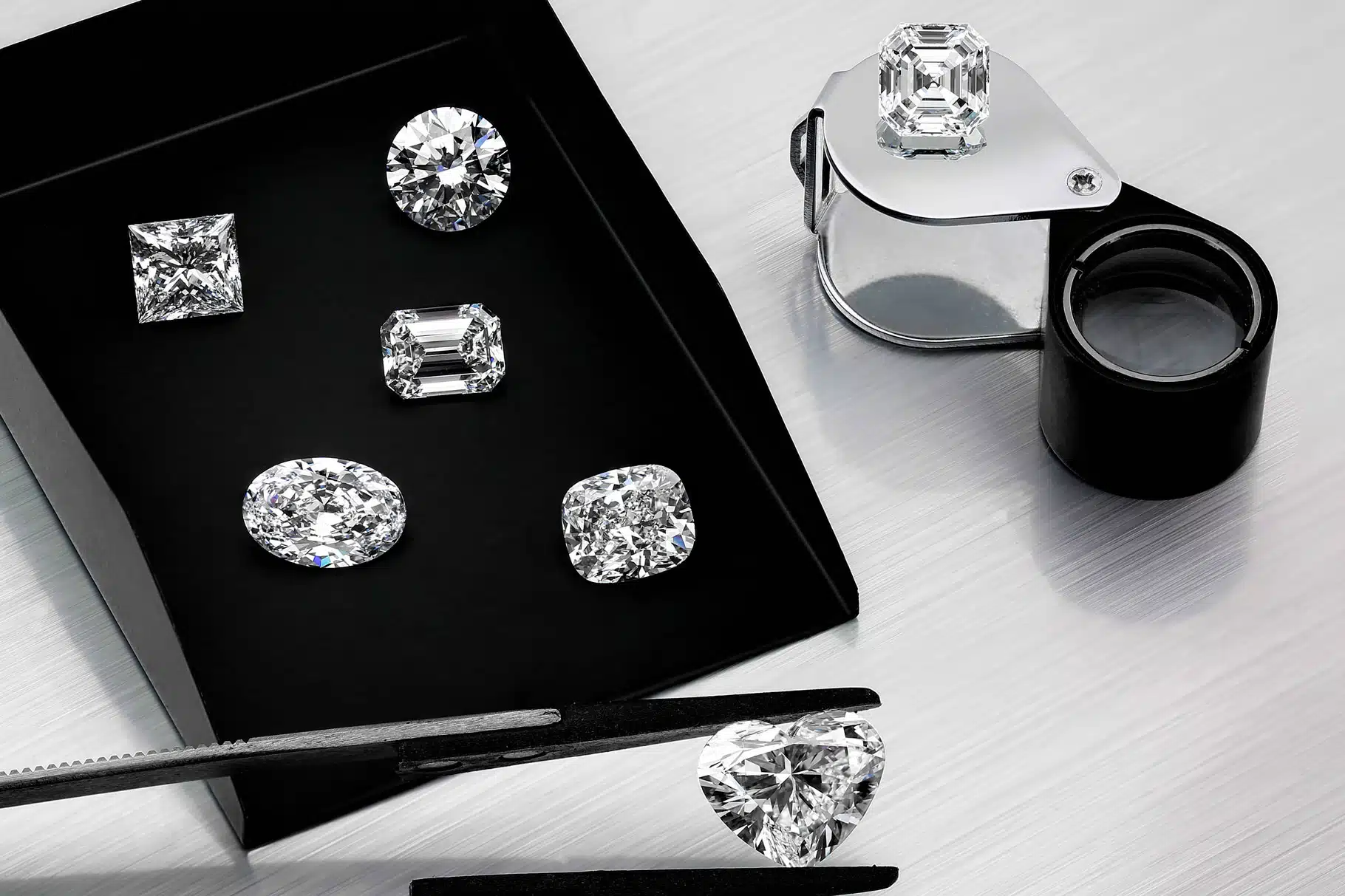Lab grown diamonds have gained immense popularity in recent years, offering a sustainable and affordable alternative to natural diamonds. However, when purchasing these diamonds, certification plays a crucial role in determining their quality. Two of the most recognized certification bodies for lab grown diamonds are IGI and GIA. Understanding the differences between IGI vs GIA lab grown diamonds certification can help buyers make informed decisions.
What Are Lab Grown Diamonds?
Lab grown diamonds are created in controlled environments using advanced technology that replicates the natural diamond formation process. These diamonds possess the same chemical, physical, and optical properties as mined diamonds. The debate between IGI vs GIA lab grown diamonds certification revolves around their grading standards and reliability.
IGI Certification for Lab Grown Diamonds
The International Gemological Institute (IGI) is one of the leading organizations that certify lab grown diamonds. IGI provides detailed grading reports that assess the diamond’s cut, color, clarity, and carat weight. Many jewelers prefer IGI certification because of its extensive experience in grading lab grown diamonds. When comparing IGI vs GIA lab grown diamonds certification, IGI tends to be more lenient in its grading standards, making its diamonds appear slightly higher in quality.
GIA Certification for Lab Grown Diamonds
The Gemological Institute of America (GIA) is known for its strict and consistent grading standards. Although GIA initially hesitated to certify lab grown diamonds, it now provides grading reports specifically for them. The key difference between IGI vs GIA lab grown diamonds certification lies in the grading methodology. GIA is known for its conservative grading, which means that diamonds certified by GIA might receive lower grades compared to IGI-certified diamonds, even if they are of similar quality.
Grading Differences: IGI vs GIA Lab Grown Diamonds
One major difference between IGI vs GIA lab grown diamonds certification is how they report color and clarity. IGI uses standard diamond color and clarity grades, whereas GIA provides a broader assessment with fewer details. This difference can impact how a diamond appears on paper versus in person. Some buyers prefer IGI certification for its transparency, while others trust GIA’s reputation for stringent grading.
Pricing Impact of IGI vs GIA Lab Grown Diamonds
Certification directly affects the price of a lab grown diamond. Since IGI vs GIA lab grown diamonds certification varies in strictness, IGI-certified diamonds are often priced lower. This is because jewelers and buyers recognize that IGI grading may be slightly more generous. On the other hand, GIA-certified diamonds tend to command higher prices due to GIA’s reputation for accuracy and strict standards.
Consumer Trust and Market Preference
When choosing between IGI vs GIA lab grown diamonds certification, consumer trust plays a significant role. Many buyers associate GIA with the highest level of credibility in the industry. However, IGI is more commonly used for lab grown diamonds, leading to greater availability of IGI-certified stones. The decision often depends on whether a buyer values a more lenient grading system or a stricter, well-established reputation.
Which Certification Should You Choose?
Deciding between IGI vs GIA lab grown diamonds certification depends on personal preference and budget. If a buyer prioritizes affordability and broader availability, IGI-certified diamonds are a great choice. Conversely, if strict grading and industry reputation are more important, GIA-certified diamonds may be the better option. Regardless of the certification, both IGI and GIA provide reliable assessments of lab grown diamonds.
Conclusion
Understanding the differences between IGI vs GIA lab grown diamonds certification is essential for making an informed purchase. Both certification bodies have their advantages and cater to different buyer preferences. Whether choosing IGI for affordability and wider selection or GIA for stringent grading and industry trust, consumers can confidently invest in lab grown diamonds knowing they are getting a high-quality gemstone.




